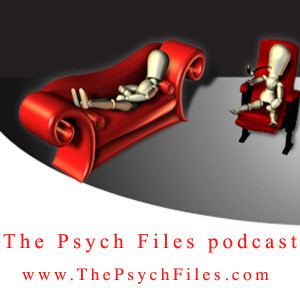TITLE
Does Listening to Music Stimulate Creative Thinking, or Stifle It?
DESCRIPTION
A number of fascinating studies examines the use of listening to music during creative and problem solving tasks. The results appear to be contradictory in the sense that the type of task and type of music may either be enhancing handling a task or deleterious.
“Listening to music while you work “significantly impairs” creativity. That was the conclusion of a study published earlier this year in the journal Applied Cognitive Psychology that examined the effect of different types of background music on creative problem solving.
For the study, UK researchers presented people with a series of word puzzles designed to measure creativity and “insight-based” processes. The study participants completed the puzzles either in a quiet space or in one with music playing in the background. Whether that music was familiar or unfamiliar, vocal or strictly instrumental, people’s scores on average fell on the creativity test compared to their scores in the quiet condition. “The findings challenge the view that background music enhances creativity,” the study authors wrote.”
So does this mean that students shouldn’t listen to music while they work or are there other factors to consider: Another study contradicts and points out: “But don’t pitch your headphones or desk speaker just yet. More research on music and creativity has found that, depending on the kind of creative task a person is grappling with, certain types of music may be helpful.” “A 2017 study in the journal PLOS ONE found that listening to “happy” music—defined as classical tunes that were upbeat and stimulating—helped people perform better on tasks that involved “divergent” thinking, which is a core component of creativity. Divergent thinking involves “making unexpected combinations, recognizing links among remote associates, or transforming information into unexpected forms, the authors of that study wrote. Basically, divergent thinking is coming up with new, outside-the-box ideas or strategies.“ Read more about the studies and the conditions under which the studies were conducted.
Consider whether music enhances your work or somehow interferes.
SOURCE
Time, July 16, 2019, by Markham Heid
LINK TO RESOURCE
https://time.com/5626958/music-creative-thinking/
(Tiny URL) https://tinyurl.com/2ee8xev4
CLASS DISCUSSION QUESTIONS:
•Cite the study that demonstrates that listening to music interferes with the creative process. What are the various conditions that are used to explain these findings?
•Cite the study that demonstrates that listening to music enhances the creative process. What are the various conditions that are used to explain these findings?
•As Psychology students, how are we to understand the differences between the various studies? Carefully look at the conditions how how the studies are conducted, the types of problems examined, and the types of results found by the studies.
•What conclusions would you draw from the studies, and if giving advice to new students at a college orientation, what would you tell them about listening to music and studying?








